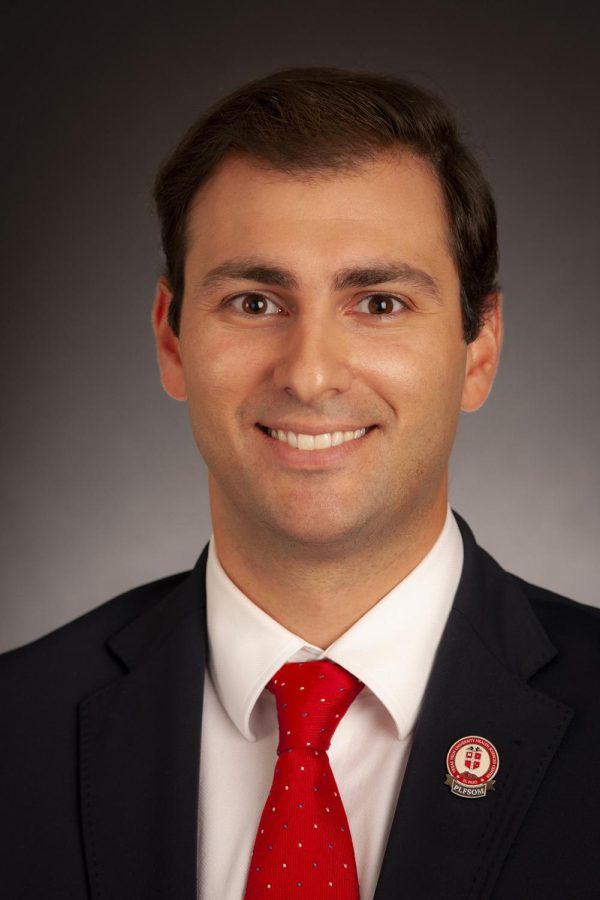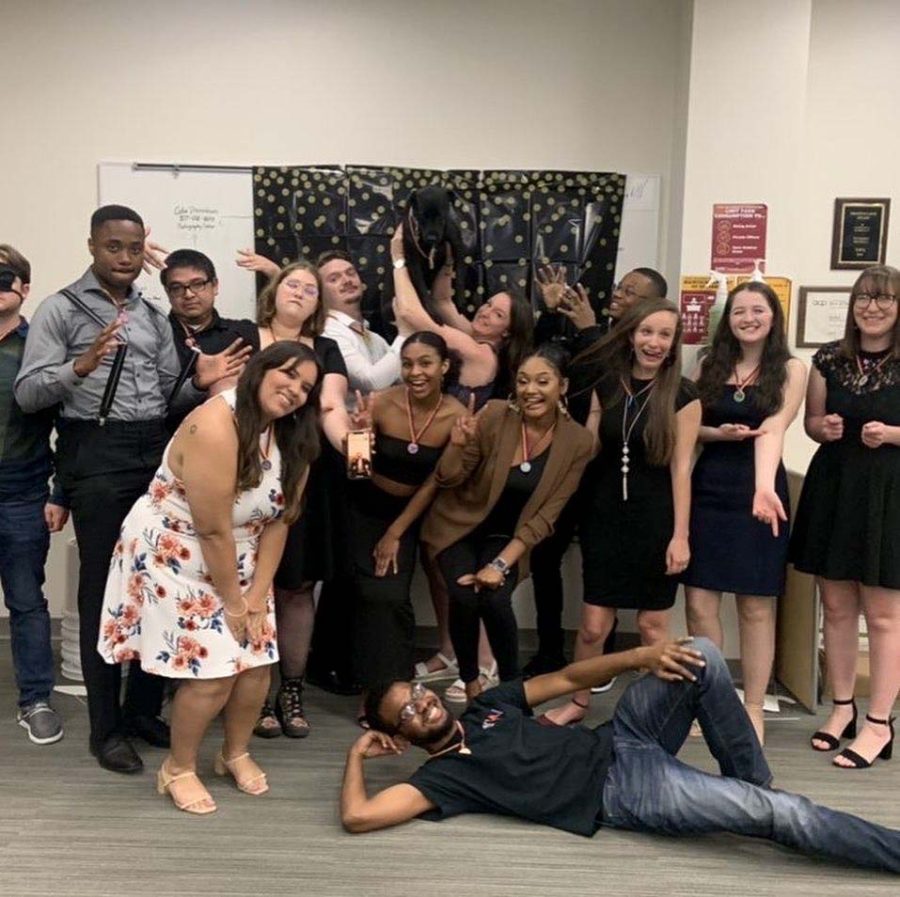
It all started with a simple FOI request.
On March 14 I sent the custodian of the records an FOI request for copies of the bids used in the new mass communication building. The bidding was closed and construction has begun. The bid amounts are public information and anyone can request information for this, not just a reporter.
In a nutshell, the school benefits from state and federal funding. The funds are provided by tax dollars. Your tax dollars. The same tax dollars used to employ, pay and build a new structure on campus.
Imagine calling your cell phone provider and instead of being transparent with your applied charges, they responded with legal documents inches thick to avoid disclosing the charges.
This is what happened to me. Instead of hearing from the custodian of the records, I received a forwarded letter from the school’s attorney that he sent to the attorney general, claiming exemptions disclosing the information I requested. He is asking for the interruption of the written law and requests to be exempt to disclose under the clause of “good faith effort” to HUB certified businesses. The Attorney General’s office has until June 13 to make a ruling.
- Land acquisition.
- Pending litigation.
- Ongoing investigation.
These were the reasons Macha said in a previous speech that the school wouldn’t be able to disclose information. Yet, the exemption he claims to the Attorney General is under the section that protects Historically Underutilized Businesses. You’ve got to love people that have problems for the solutions. Only two businesses that will be involved with new mass communication building are HUB certified. The criteria for a business to be HUB certified is:
- for-profit and does not exceed the size standards and that the principal place is in Texas
- at lest 51 percent owned by a minority group including Asian Pacific American, Black American, Hispanic American, Native American, American women and/ or Service Disabled Veteran who live in Texas and are active in the control, operations and management of the business affairs.
I also received my forwarded FOI copy to all 72 businesses as well as Barry Macha’s letter to each third party entity. In this letter, he listed exemptions that each business could respond with. The two specific exceptions Macha includes in the letters to each business is “Information Made Confidential by Law” and “Confidentiality of Trade Secrets and Commercial or Financial Information Trade Secrets.”
A mass communication graduate and local reporter said it best when he said that it is common sense that any said business could give bid amounts with redaction’s over any trade secrets. The purpose of the bid amounts being public is to a keep a transparent and fair market. If the businesses are going to claim that it puts them at unfair disadvantage then what good does it do?
What I thought would be an easy enough task has turned into a legal fight. What have I learned since first sending an open records request?
1. If you want to make enemies then send in an open records request.
2. If you want to become popular with the 72 businesses involved then leave your personal cell phone number on the said FOI request.
It’s surprising that the school doesn’t provide a student registry but claims my personal cell phone could lawfully be shared under FERPA laws. So that means if you haven’t already contacted the Registrar’s Office, they can share your personal information without your consent or knowledge.
It was never my intention to busy the school’s attorney with my FOI request. In fact, I’m not sure why he handled it to begin with.
I left my number to be accessible in the event there was a question about the information I requested. I wish it had been used that way. A dialogue would have been much easier if I had been contacted. If someone had picked up the phone, postage in the $20 range wouldn’t have been necessary. I have received numerous letters, each delivered by mail or certified mail. Each of the 72 businesses received the same letter as well as the attorney general. This unnecessary spending could have been avoided by a simple phone call.















